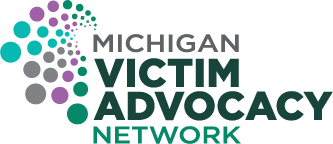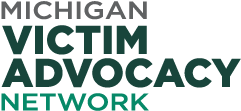May 2021
This article is from the National ClearingHouse on Abuse in Later Life
“Institutional ageism may be defined as the laws, rules, social norms, policies, and practices of institutions that unfairly restrict opportunities and systematically disadvantage individuals because of their age. COVID-19, for example, brought into focus health care inequities that have long existed in our country and elevated discussions of ethical considerations regarding older adults and the allocation of health and emergency resources.
At the beginning of the pandemic, nursing homes, long term care facilities, and senior living facilities prohibited access for anyone not deemed essential, including family members, ombudsman, advocates, and adult protective services. The measures were in place to protect residents and residential staff from increased risk of infection, but they also left many older adults isolated and lonely with little or no access to mental and physical supports. …”

